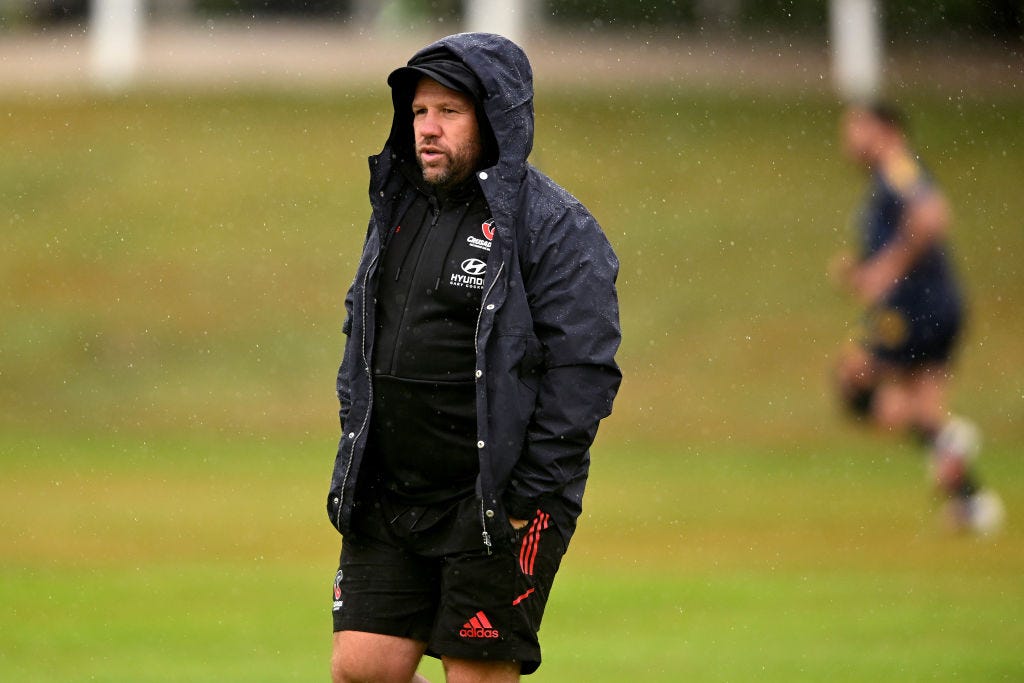After all the dramas of the week that preceded it, there was an unmistakable feeling of lethargy enveloping the weekend’s sport.
That materialised in the Warriors’ abject second-half collapse against the Canberra Raiders, which Tohu Harris called out for what it was.
It was writ large all over the Black…
Keep reading with a 7-day free trial
Subscribe to The Bounce to keep reading this post and get 7 days of free access to the full post archives.




